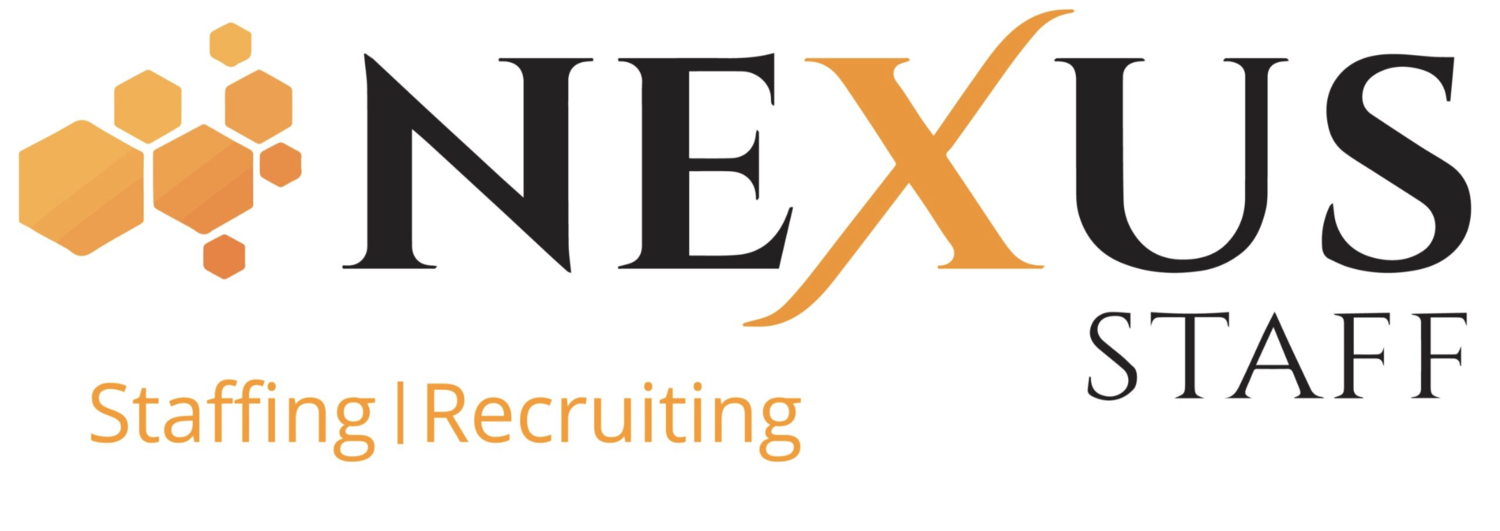Soft Skills In The Workplace
Soft skills are the abilities an individual has because of his or her personality or work ethic. They are transferable across different positions or industries and important in any job. In comparison, hard skills are more technical or tangible. They are field-specific skills related to a person’s ability to complete certain tasks because of the education or experiences that they hold. While hard skills can include the ability to code a website, speak a particular language, or use certain programs and databases, soft skills include time management, the ability to work in a team, communicate with others, and more.
Why are soft skills important?
Simply put, soft skills matter because they have the ability to set you apart from the competition and highlight you as an ideal candidate. This is because employers know workers that display crucial soft skills are more likely to be engaged employees that go above and beyond for their organization. In other words, when employees have strong soft skills, everyone can benefit.
Soft skills will always be in-demand regardless of your industry or role. For example, the required hard skills needed for a position can mean you need to learn new technologies, platforms, and programs that are constantly being developed. On the other hand, soft skills are part of a person’s core work ethic and personality.
This isn’t to say hard skills aren’t important or that they matter any less than soft skills, but when it comes down to choosing the right candidate, employers are likely to pick the candidate that possesses the right hard skills and soft skills, not just the outstanding hard skills. This is because hard skills can be taught while the appropriate soft skills can be hard to come by.
Key soft skills for any position
Below are five examples of ideal soft skills that are crucial in any role or industry. While this isn’t an exhaustive list of every soft skill a candidate can hold, these are some of the most commonly sought after:
Communication: As a hard skill, communication can refer to your ability to write industry-specific technical pieces such as press releases, grant proposals, or manuals. However, as a soft skill, communication is vital for sharing ideas, giving feedback, and building trustworthy relationships. To an employer, strong communication skills mean you likely also have strong listening skills and the ability to show empathy.
Teamwork: While independence and being a self-starter are also great skills to have, the ability to work on a team says a lot about a person. It can show you are able to collaborate and compromise when needed, work with a diverse group of people, and that you are open to change.
Problem-solving: Strong problem-solving skills show you are able to think outside of the box for the greater good of your own career, your coworkers, and the organization as a whole. You’re likely to be dedicated to your position and as a result bring about new and innovative ways of completing everyday tasks.
Organization & time management: Time management and organization go hand-in-hand. Without one, it can be difficult to possess the other. Prioritizing tasks, multitasking, and scheduling are all major parts of these two generalized soft skills. Without these abilities, it can suggest to employers that you are likely to easily become overwhelmed, miss important deadlines, or avoid certain tasks altogether.
Highlighting soft skills throughout your hiring process
Resume: Your resume should be an opportunity to share your hard skills and soft skills with potential employers. Rather than blatantly stating your soft skills on your resume as you would your hard skills, recruiters and hiring managers should be able to pick up on them through the way you list your accomplishments, describe your job duties, and even the format of the resume itself. For example, describing the accomplishments you had in past positions rather than just listing your duties can show your likelihood to thrive in a new position. Additionally, an error-free resume consistently organized shows your strong attention to detail and the dedication you put into your job search.
Cover letter: Similar to your resume, your cover letter helps display your attention to detail and ability to organize information. However, more than just a detailed resume, your cover letter is also an opportunity to really show potential employers what it is that makes you the ideal candidate. This can be done through the personalized details you add to the cover letter such as including the hiring manager's name, or the details you include explaining how your soft skills have gotten you to where you are now.
Interview: In an interview, not only do you have the opportunity to explain your skills through specific situations and the answers to the questions you are asked, but you also have the ability to display these skills in real-time. For example, being on time for your interview shows you are organized and punctual while your body language and truthful answers during the interview can display your strong verbal and nonverbal communication skills and integrity.
Follow-Up: After an interview, sending a personalized thank-you note to your interviewer further solidifies the skills you displayed throughout your hiring materials and interview. Whether your interview lands you the job or not, a thank-you note has the ability to highlight even more of the soft skills that you possess such as gratitude and respect.
Ready to put your soft skills to work in a position that will really value them? Contact Nexus today to get started. Our team of experienced recruitment experts is ready to help you find your ideal match!






